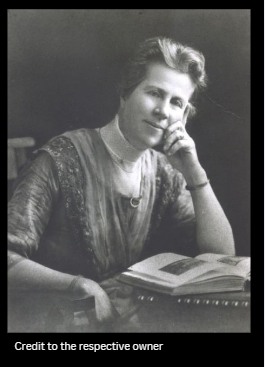Grace Chisholm was born in 1868, entering a world where women’s aspirations were tightly confined to what was considered “suitable.” She dreamed of becoming a doctor, but her mother would not allow it—medicine, she was told, was not a place for a woman.
So Grace turned to mathematics, another field that was far from welcoming to women, but where her bright mind could not be ignored. After years of learning at home, she joined Girton College, Cambridge, in 1889, excelling in a program designed for the most rigorous thinkers. She not only succeeded—she surpassed all expectations. In the Final Honours School examination, she earned first-class standing at Oxford as well, becoming the first person ever to achieve such a distinction at both Oxford and Cambridge in any subject.
Still, neither university would grant her a degree. Prejudice prevailed.
After marrying mathematician William Henry Young, Grace continued her groundbreaking research. Yet in a time when married women were often expected to step back, many of her papers appeared under her husband’s name. Much of what the world praised him for was, in truth, her own work.
The story of Grace Chisholm Young is one of brilliance that would not be silenced—even when her name remained in the shadows. Today, her legacy reminds us how countless women’s contributions to science and mathematics have been quietly tucked away in history, and how their voices truly deserve to be heard.
